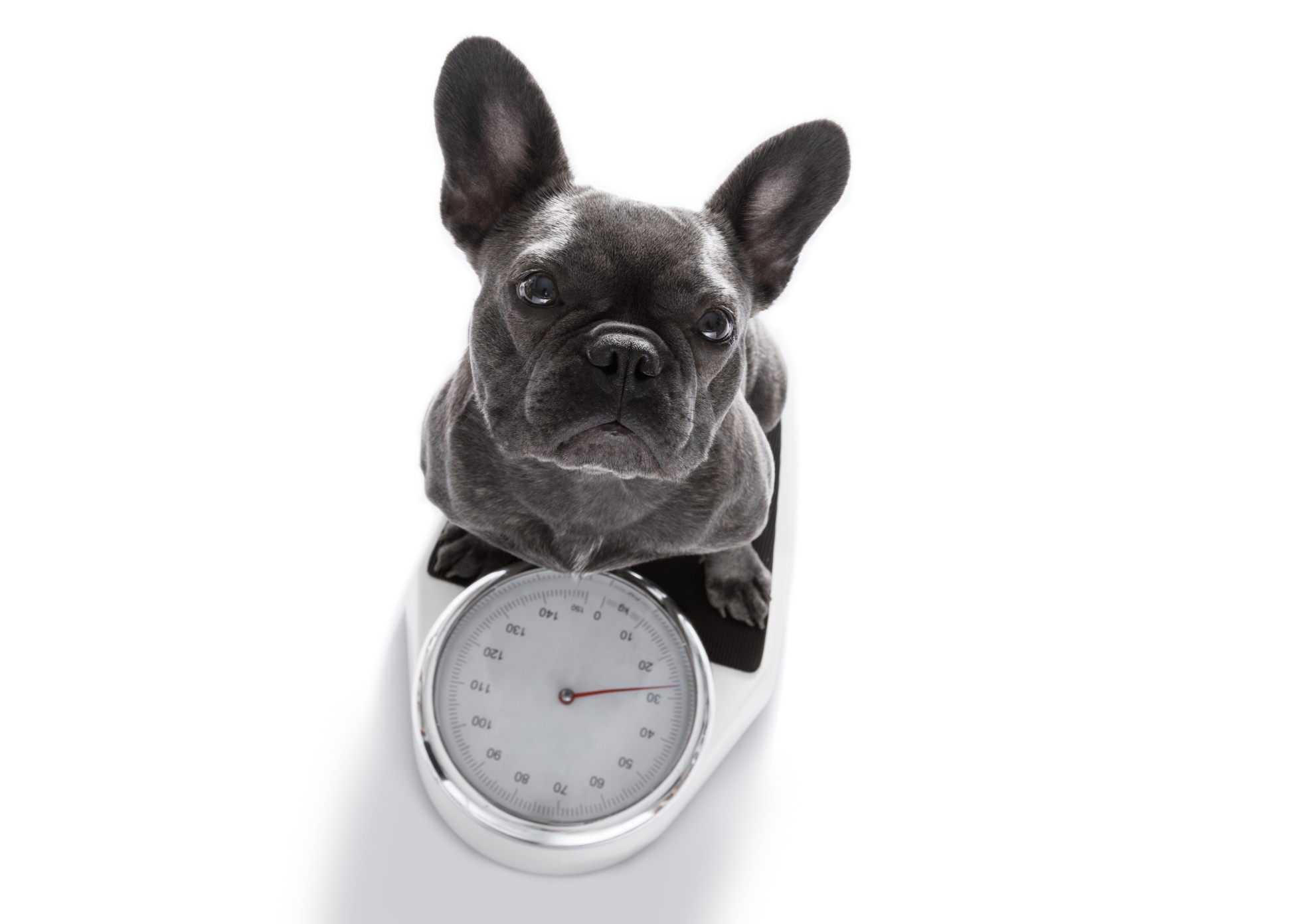Take these steps to check whether your pet is overweight
The right kind of food often can solve the problem

More than half of pets are overweight, but most of their owners fail to recognize the problem.
Pet parents should regularly check their pets’ weight, says Dr. Vernard Hodges who features on Nat Geo Wild’s Critter Fixers: Country Vets. The reason: Every pet should be able to live a healthy and long life, he adds.
Read More »Showing love through food
Pet parents often show their love for their pets through feeding them food that they like. That additional “love,” however, can cause weight gain. That extra weight, in turn, can raise the chances that your pet will develop other medical conditions.
Take steps
Clearly if you find that your pet is overweight, you should take steps to address it with the guidance of your veterinarian, Hodges adds. Even if your pet is overweight by a few extra pounds, those pounds can have an effect on the health of your pet.
Is your pet overweight?
First, you should determine whether your pet is indeed overweight.
Often it is difficult to determine whether your pet has gained weight under their fur, explains Ferguson. Those few additional pounds, however, can have an effect on pets’ overall wellness and their energy.
In order to determine whether your pet has put on extra pounds, you should follow the L.O.V.E. Test, according to experts at Hill’s Pet Nutrition:
• L: Locate the ribs of your pet.
• O: Observe by looking down on your pet.
• V: View your pet from the side.
• E: Evaluate your pet’s behavior when your pet is feeding.
Visit a veterinarian
Should you realize by following these steps that your pet is on the weightier side, the next step is to schedule a visit to a veterinarian.
Your veterinarian should be able to confirm your suspicions if you think your pet is overweight or reassure you if that is not the case.
Questions that you can ask your veterinarian include:
• Is my pet’s weight at the ideal level?
• If not, how can I assist my pet to reach an ideal weight?
• How can the right food assist me to manage my pet’s weight?
Switch to the correct food
Being obese is one of the biggest risks to a pet’s health, explains Ferguson. What a pet eats, therefore, is one of the most significant decisions that a pet parent can make, he adds.
Whether your pet has simply eaten a little too much over the holidays or whether it is a new addition to your family, you should take a close look at the food that your pet is eating.
Getting your pet to a healthy weight starts with the food that you feed to your pet.
For those pets that are obese, veterinarians are likely to recommend a food that is therapeutic. Such a food is Hill’s Prescription Diet Metabolic. The nutrition, which has been clinically proven, helps cats and dogs naturally lose weight by triggering their metabolism.
Another food is Hill’s Science Diet Perfect Weight. Seven in 10 pets that are fed that food lose weight within 10 weeks, according to Hill’s.
For more than a decade, Hill’s has been studying the effects of nutrition on the way in which pet’s bodies work, says Karen Shenoy, chief veterinary officer at Hill’s Pet Nutrition US. These studies led them to understand that pets who are lean have a different biology than those pets who are overweight.
Those findings, in turn, led the company to develop formulas that not only help to support a pet’s metabolism so that the pet has a healthy weight and body, but that also taste good.
With the help of a veterinarian, ending obesity for your pet can be as simple as feeding your pet the correct kind of “love” in order for your pet to lose the weight.





